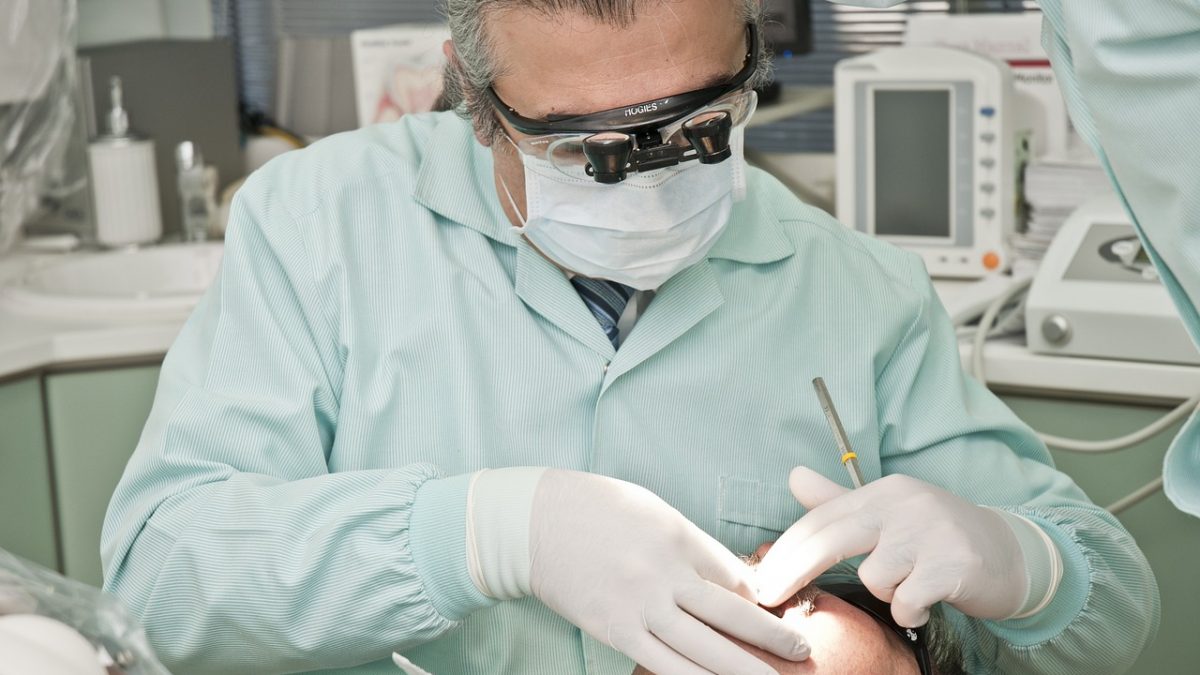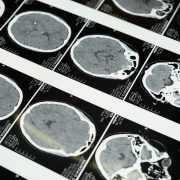Health experts agree that there is a clear connection between an individual’s dental health and mental health. But although this fact is supported by a number of clinical studies, it is rarely explored or discussed among health professionals. A person with poor oral health may experience bad breath, tooth loss, compromised speech and other symptoms that have a negative impact on his or her self-esteem, confidence, mood, and level of anxiety. However, recent innovations in dental services may help people to access better dental health care, improve their quality of life, and alleviate certain mental health concerns.
The field of dentistry is continuously evolving, with new technologies and innovations significantly enhancing the way dental care is delivered. These advancements are not only improving diagnostic and treatment capabilities but are also making dental visits quicker, more efficient, and less invasive. Understanding these technological breakthroughs can help patients make informed decisions about their dental care to improve their oral health and perception of self. A few of these dental innovations are discussed below:
Teledentistry: Remote Care Becomes a Reality
One of the most significant innovations in dental care is teledentistry, which utilizes digital communication tools to provide remote dental consultations and follow-up care. This technology is particularly beneficial in rural or underserved areas where access to dental clinics is limited. Patients can receive preliminary consultations, post-operative follow-ups, and basic diagnostic assessments without leaving their homes, ensuring continuous care and monitoring.
Artificial Intelligence in Diagnostics
Artificial Intelligence (AI) is making strides in dental diagnostics by enabling more accurate and rapid assessment of dental images. AI algorithms can analyze X-rays, CT scans, and other imaging data to detect issues such as cavities, bone loss, and the development of orthodontic conditions much earlier than traditional methods. This early detection leads to timely interventions, potentially saving patients from extensive and costly treatments in the future.
Advanced Imaging Techniques
The adoption of advanced imaging techniques, such as 3D scanning and Cone Beam Computed Tomography (CBCT), offers detailed visualizations of the teeth and jaw structure. These technologies provide critical information for complex procedures like implant placement, root canals, and orthodontics, allowing for precise planning and execution. Enhanced imaging not only improves the accuracy of treatments but also minimizes the risk of complications.
Laser Dentistry: A Minimally Invasive Option
Laser technology in dentistry has revolutionized several procedures, making them less painful and reducing healing time. Lasers are used for a variety of treatments, including cavity detection, gum disease treatment, and tooth whitening. By minimizing the need for drilling and cutting, lasers provide a more comfortable experience for patients, especially those who are anxious about dental procedures. For more information on laser dental services in Palm Beach Gardens, FL, check this website.
Digital Impressions and CAD/CAM Technology
Gone are the days of uncomfortable and messy dental impressions. Digital impression technology allows dentists to take accurate and detailed 3D digital images of a patient’s mouth. This data can be used in conjunction with CAD/CAM (Computer-Aided Design and Computer-Aided Manufacturing) systems to create precise dental restorations like crowns, veneers, and onlays in a single visit, significantly reducing wait times and improving treatment outcomes.
Broadening the Horizon: The Future Impact of Dental Technology
The integration of advanced technologies in dental practices is profoundly transforming patient care and operational efficiency. As these innovations continue to evolve, their potential to reshape various aspects of dental health care grows, promising even greater improvements in patient outcomes and practice management.
Improving Access to Care
Technological advancements like teledentistry are breaking down geographical barriers to dental care, especially in underserved and rural areas. This technology enables dentists to reach a broader patient base, providing essential dental consultations and follow-up care remotely. Looking forward, continued enhancements in mobile health technologies could further democratize access to dental care, making it possible for more people to receive timely diagnoses and preventative advice, regardless of their location.
Personalized Patient Experiences
As digital technologies become more sophisticated, the level of personalization in dental care will likely increase. Artificial intelligence and machine learning can analyze vast amounts of data to predict patient-specific risks and tailor treatments accordingly. This could include personalized preventive care plans that take into account a patient’s genetics, lifestyle, and even preferences, leading to highly targeted and effective treatments.
Integration with Holistic Health Care
Dental technology is increasingly being integrated with holistic approaches to health care. Recognizing the connection between oral health and systemic health, technologies such as AI and data analytics are being used to analyze dental data in conjunction with overall health records. This holistic view allows for better predictive care and can identify potential health issues before they become serious, emphasizing the role of oral health in maintaining general health.
Advancements in Materials Science
The future of dental treatments will also be influenced by innovations in materials science. Newer, more durable, and biocompatible materials for implants and prosthetics are being developed, which not only mimic the natural appearance of teeth more closely but also function better and last longer. These materials could lead to fewer complications and lower the need for replacements, enhancing the long-term success of treatments.
Ethical Considerations and Patient Safety
As dental technologies advance, ethical considerations and patient safety remain paramount. The adoption of new technologies will need to be carefully managed to maintain privacy, consent, and data security, particularly as dental practices handle an increasing amount of sensitive patient data. Ensuring these technologies are used responsibly and ethically will be critical as the field continues to evolve.
Conclusion: Embracing the Future of Dental Care
The rapid evolution of dental technology offers unprecedented opportunities to enhance patient care, improve treatment outcomes, and streamline dental procedures. From teledentistry expanding access to care to advanced imaging and AI improving diagnostic precision, these innovations are setting new standards in the dental field. As we look forward, it is essential for both patients and practitioners to embrace these changes, ensuring that dental care remains efficient, effective, and patient-centered. By leveraging these technological advancements, the dental community can provide superior care that meets the needs of today’s and tomorrow’s patients, while also having a positive impact on their long term mental health.
The post How Innovations in Dental Services Transform Patient Care and Improve Mental Health first appeared on What is Psychology?.




